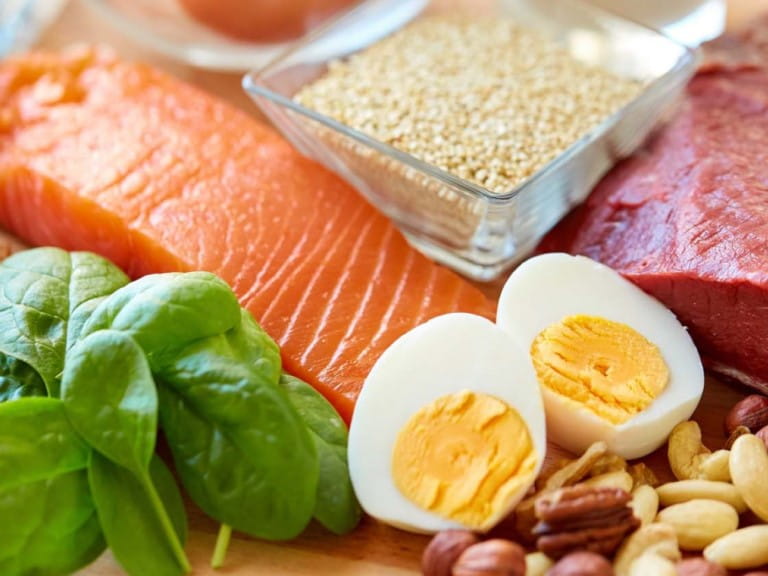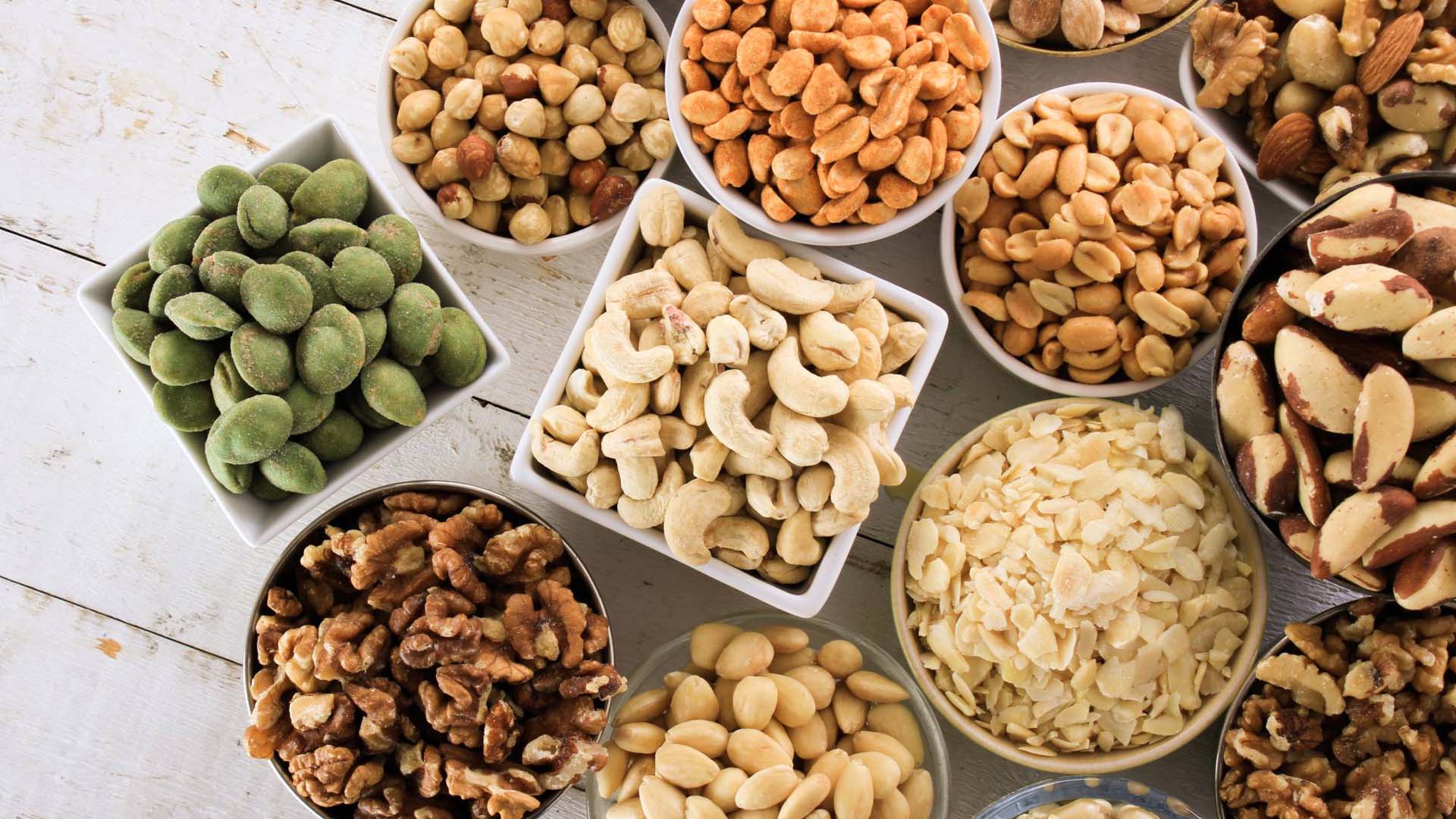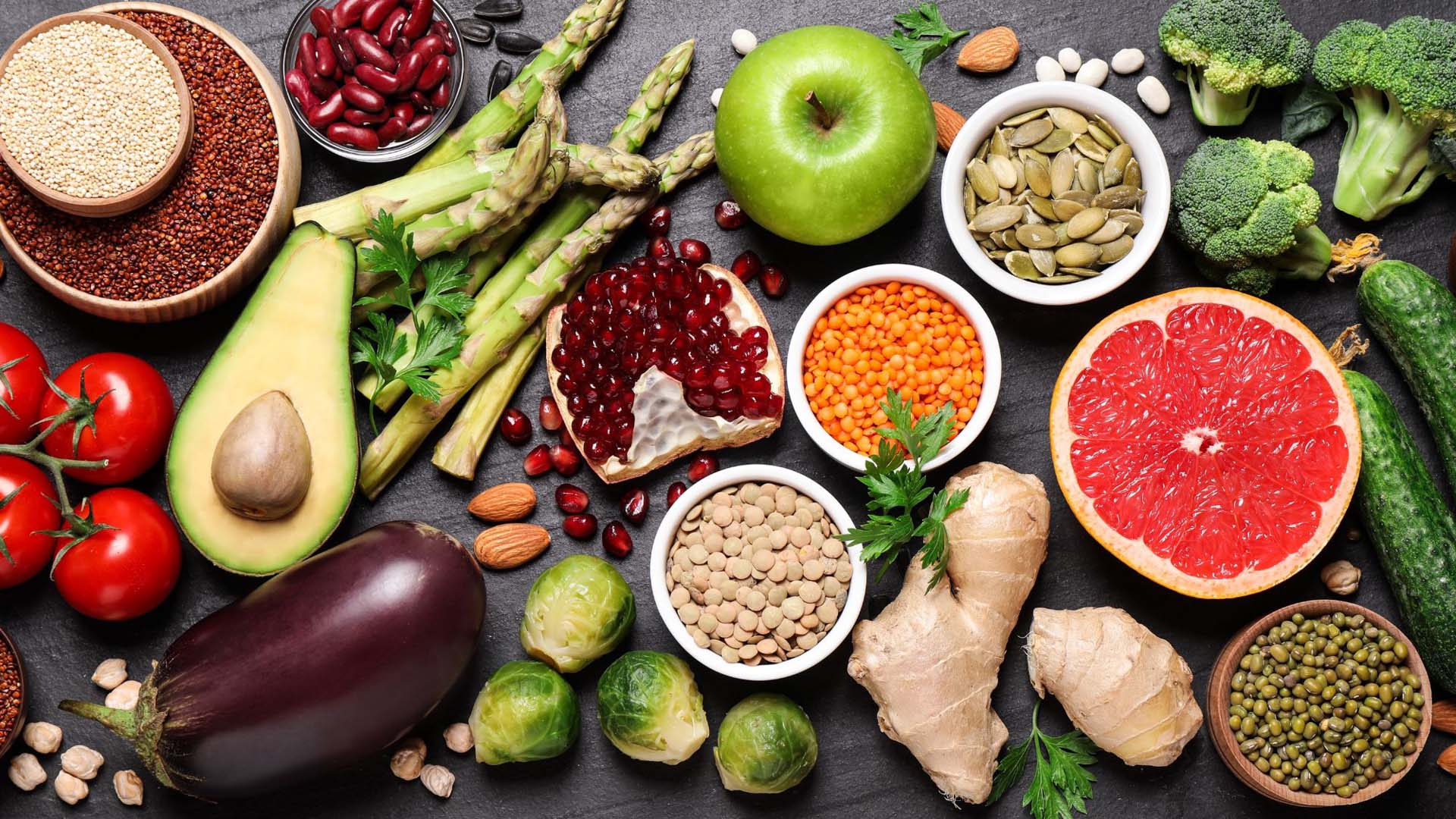
Omega 3 can help protect against dementia and heart disease, it can help reduce inflammation and even cool menopausal night sweats.
But now scientists have found that this unsaturated fatty acid, can slow down our body’s ageing process.
It may not sound a lot on paper, but if you take omega 3 every day, you’ll be ageing an average of three months less over the course of three years, than if you don’t take it.
And if you add in a daily Vitamin D supplement and some strength training that increases to three months.
For years studies have suggested that omega-3, found in oily fish and other foods such as nuts and seeds, could have an anti-ageing effect.
But now a new clinical trial says it really does slow down biological ageing.
The study by the University of Zurich involved nearly 800 healthy people aged 70 and over in Switzerland, and used biological tools called epigenetic clocks (developed by Altos Labs, in Cambridge) to assess how rates of ageing were affected.
Volunteers on the trial were divided into eight groups and took either a gram of algae-based omega-3 a day, 2,000 international units of vitamin D, or performed strength training at home three times a week or had a combination of these.

Researchers found that taking omega-3 fatty acids slowed down biological ageing across several epigenetic clocks by up to four months – regardless of subjects’ gender, age or body mass index.
The combination of omega-3, vitamin D and strength training proved to be even more effective, according to one of the four epigenetic clocks used.
Heike Bischoff-Ferrari, professor of geriatrics and age research, lead the study. She said: “While the effects may appear small with three to four months rejuvenation of biological age in three years, if sustained, they may have relevant effects on population health.”
Previous findings from the DO-HEALTH study reported other benefits for older people of omega-3 if taken with vitamin D and regular physical activity, which included reducing the risk of infections and falls, and help preventing cancer and premature frailty.
Strength training already has proven benefits as we age which include keeping us strong, protecting our bones, increasing testosterone levels, and improving flexibility and mobility.
But you don’t have to go to a gym and lift heavy weights.
Try our simple beginner’s strength training workout that you can do at home.

Public health nutritionist, Dr Emma Derbyshire, from the Health & Food Supplements Information Service said: “Omega-3 fatty acids are essential fats. This means that our bodies cannot produce on their own, so we must get them through food or an omega-3 or fish oil supplement.
She shares five other benefits of omega-3.
“Omega-3s, particularly DHA (docosahexaenoic acid), are a major structural component of the brain. They support cognitive function, improve memory, and may help protect against age-related cognitive decline and mental conditions such as Alzheimer's disease.”
“Some studies suggest that omega-3s can help reduce symptoms of depression and anxiety. For example, a recently published gold-standard study found that omega-3 fatty acids, especially through docosahexaenoic acid (DHA) supplementation, could help to alleviate depressive symptoms in patients with mild cognitive impairment”.
“Omega-3s help lower less favourable low-density lipoprotein (LDL) cholesterol while raising beneficial high density lipoprotein (HDL) cholesterol. They also help reduce inflammation, which is a key factor in heart disease.”
“Omega-3s have powerful anti-inflammatory effects, which can help with conditions like arthritis and other inflammatory disorders. They may be recommended for reducing joint pain and stiffness.”
“DHA is also a major component of the retina, and omega-3s help maintain eye health and may reduce the risk of age-related macular degeneration."

Dr Derbyshire said: “Many people don't consume enough omega-3-rich foods like fatty fish or plant-based sources like flaxseeds and walnuts. Omega-3 supplements, such as fish oil or algae-based supplements, can help fill this gap and ensure you're getting enough of these essential fatty acids.
“The European Food Safety Authority and World Health Organisation advise a minimum of 250-500 mg of eicosapentaenoic acid (EPA) and docosahexaenoic acid (DHA) daily for overall health. This is equivalent to about 2 portions of oily fish weekly which many of us do not eat."
The NHS advises people to eat two portions of fish per week, or the equivalent from a vegetarian source, to get enough of the essential fatty acid.
Alex Allan, registered nutritional therapist added: “I would encourage people to get as much Omega 3 fats as they can from food rather than supplementing. Oily fish, such as salmon, fresh tuna, mackerel and sardines are good sources. Ideally you should be aiming for 2-3 portions per week. Vegetarian sources include walnuts, chia seeds and flaxseeds.
“If you are going to take a supplement, you must definitely check with your GP or pharmacist first, as Omega 3 supplements can be contraindicated with some medications, for example, blood thinners. So it’s important to ensure that they are safe for you to take.”
There are a host of omega-3 alternatives if you don't like fish to add to your diet.
Phillipa Cherryson is senior digital editor for Saga Magazine. Phillipa has been a journalist for 30 years, writing for national newspapers, magazines and reporting onscreen for ITV. In her spare time she loves the outdoors and is an Ordnance Survey Champion and trainee mountain leader.
View author page
Everything you need to know about protein, from how it benefits your body to the best high-protein foods – and how much you really need.



Let’s roast the myths! Not only are nuts less fattening than once feared, research shows they can cut the risk of heart disease too



Strawberries don't just taste and look great, they are full of fibre, help your heart health and may even stave off dementia.

Looking after your gut health could be one of the biggest things that you can do for your overall health. Here are the best foods to keep your gut happy.

The foods that could help you live longer and protect against chronic illness.